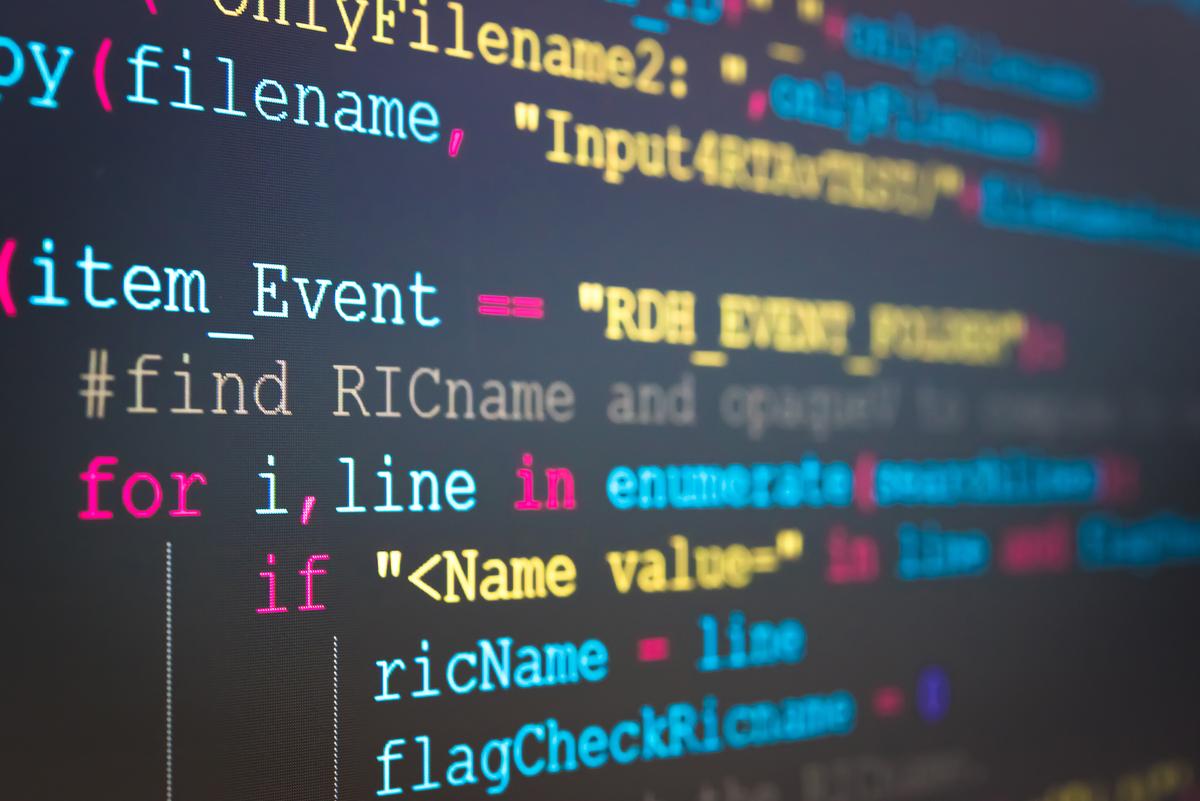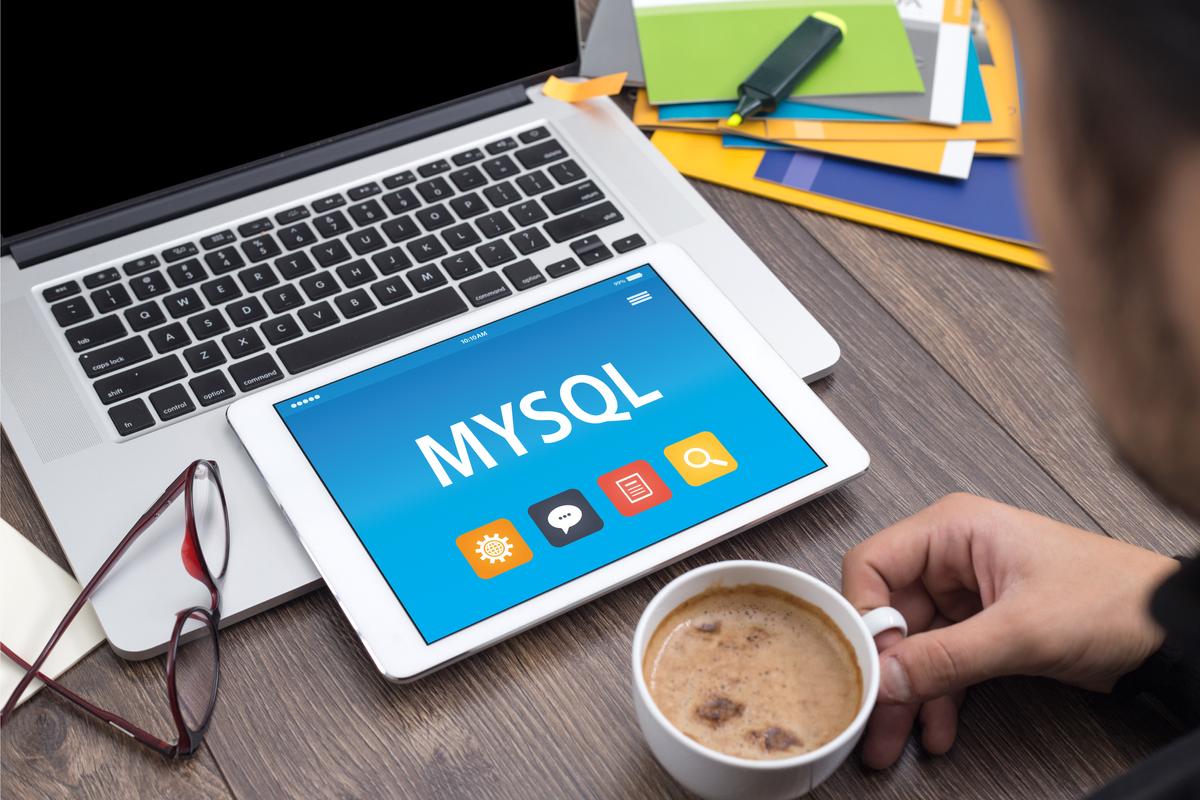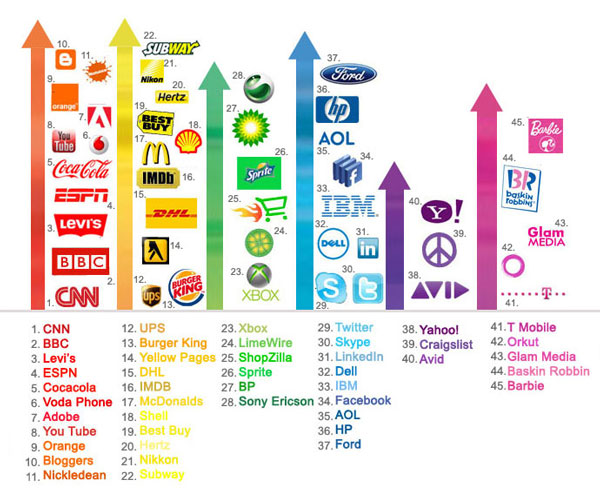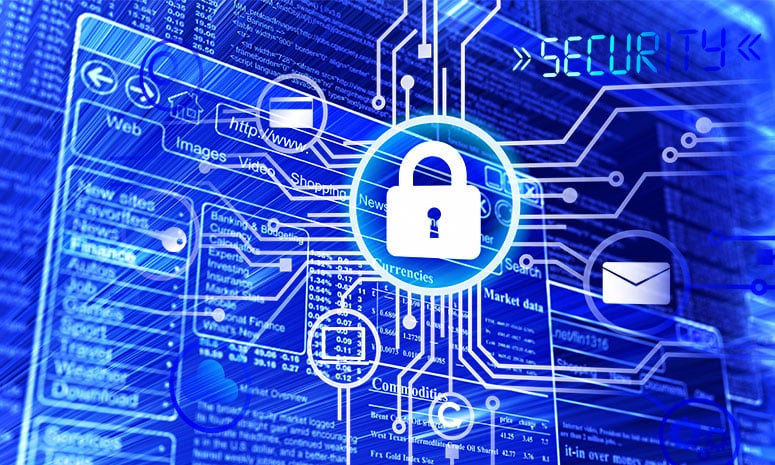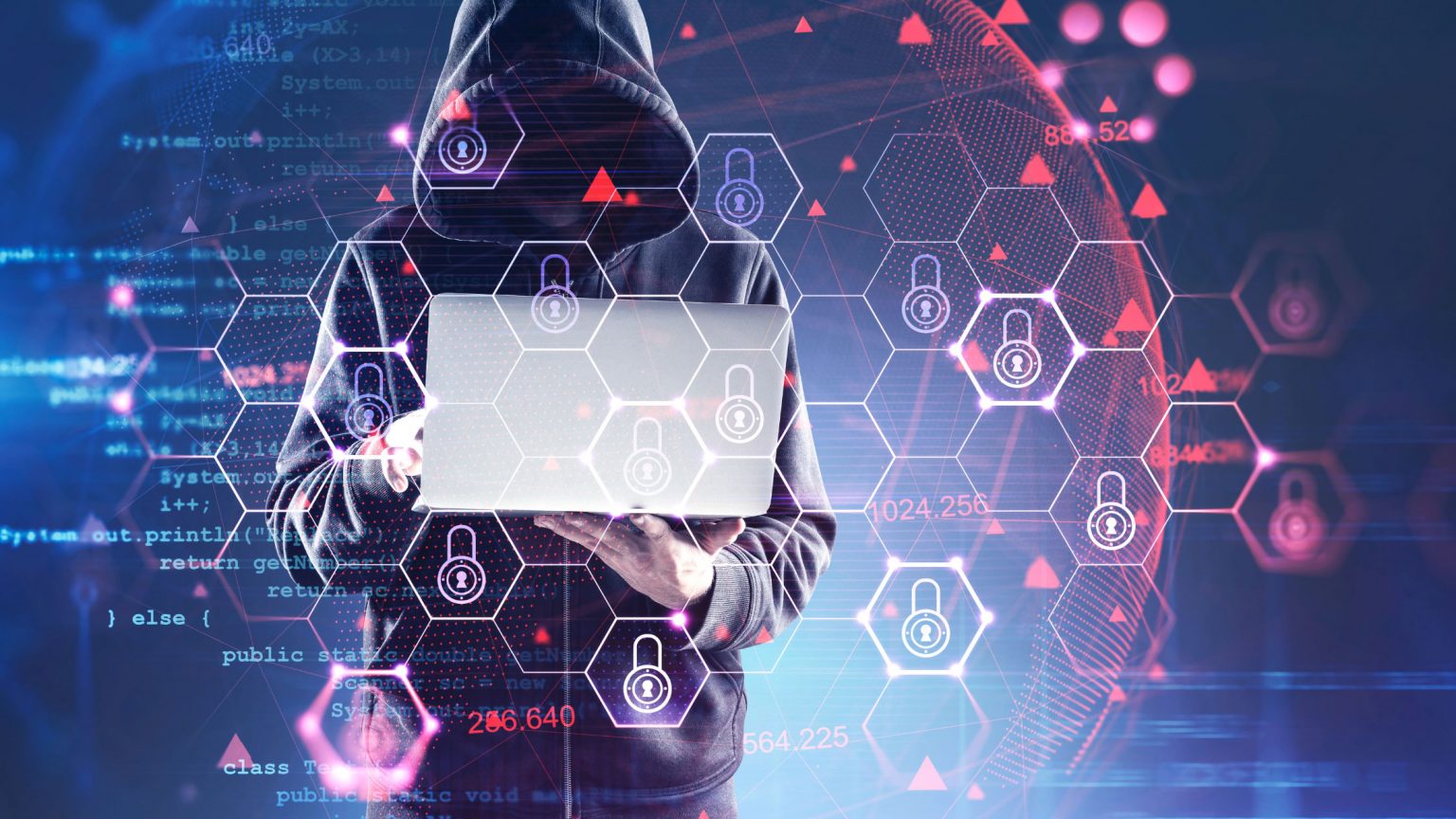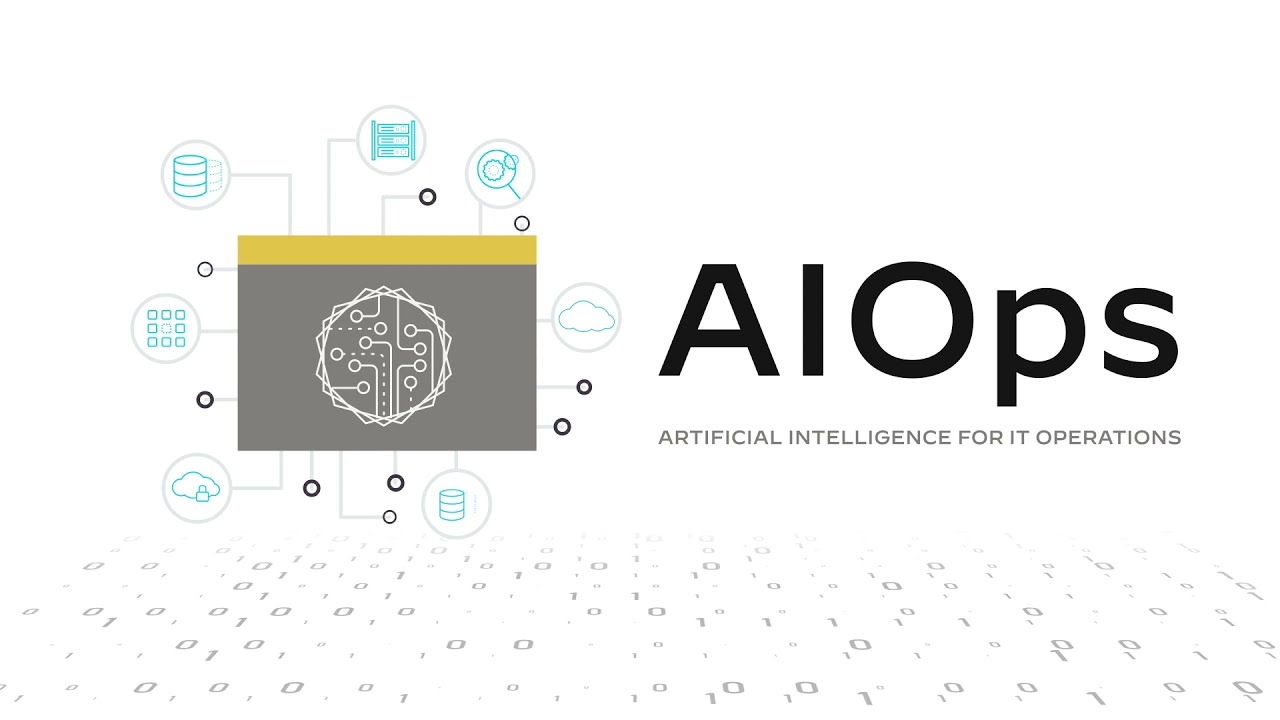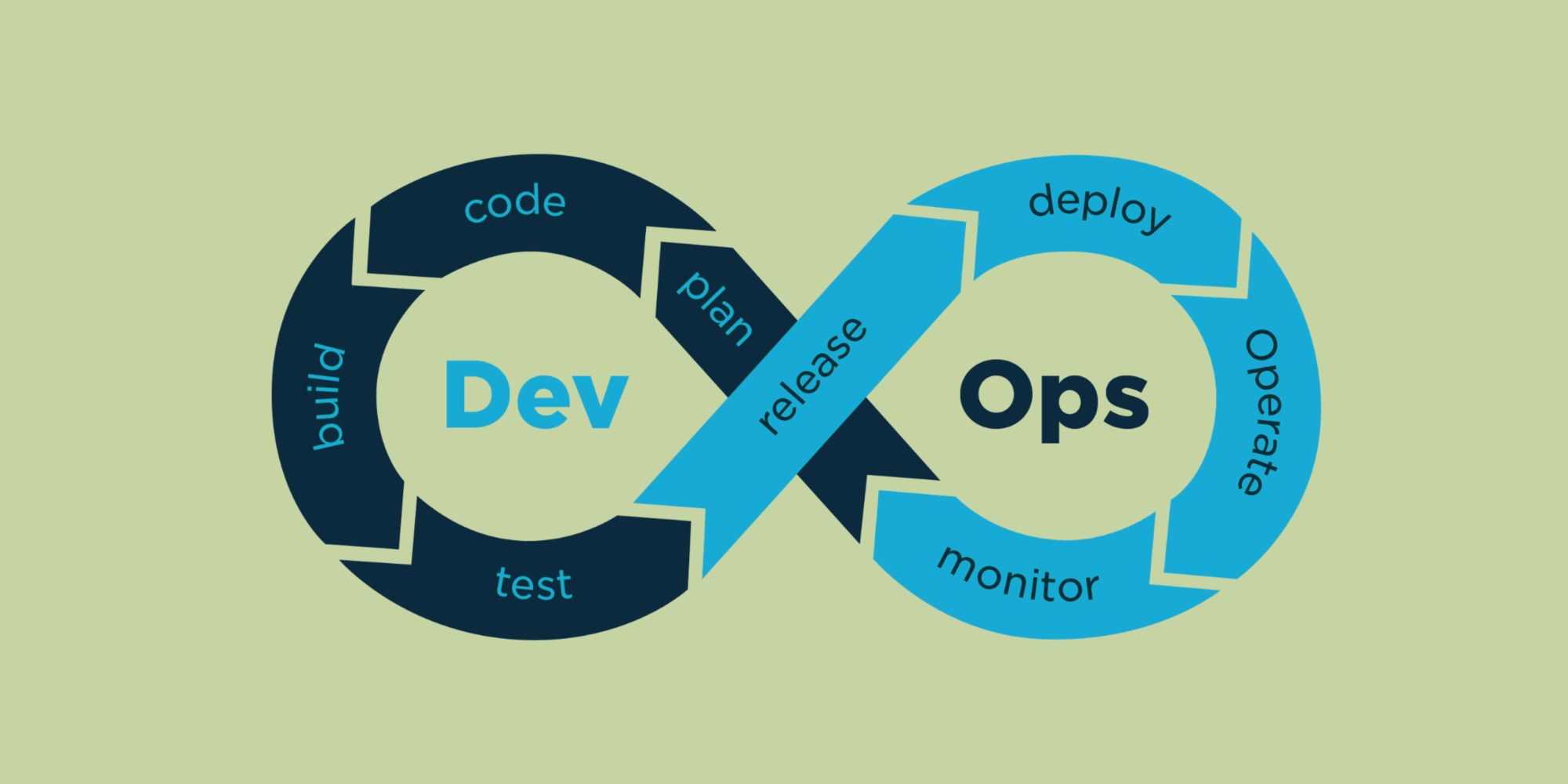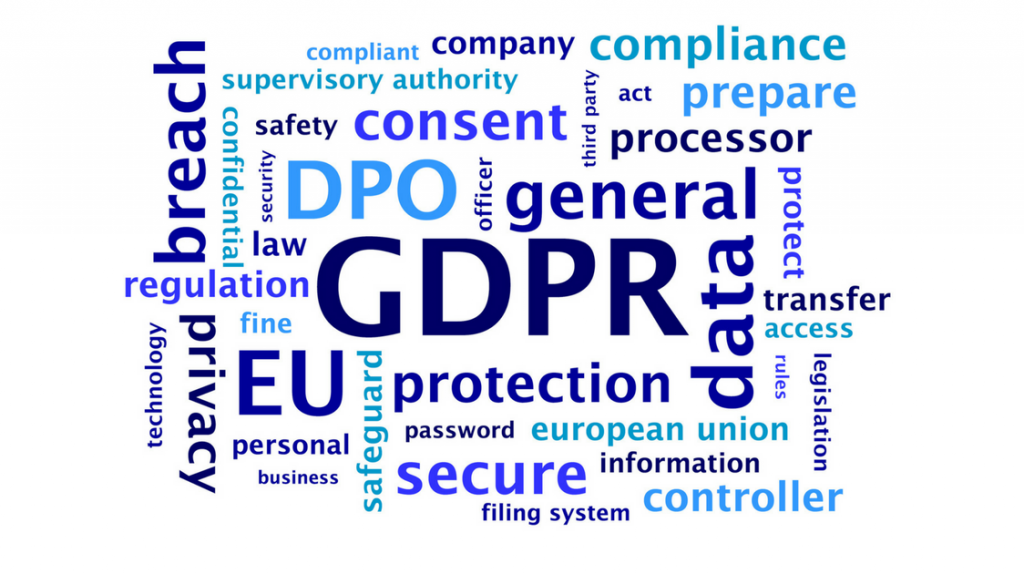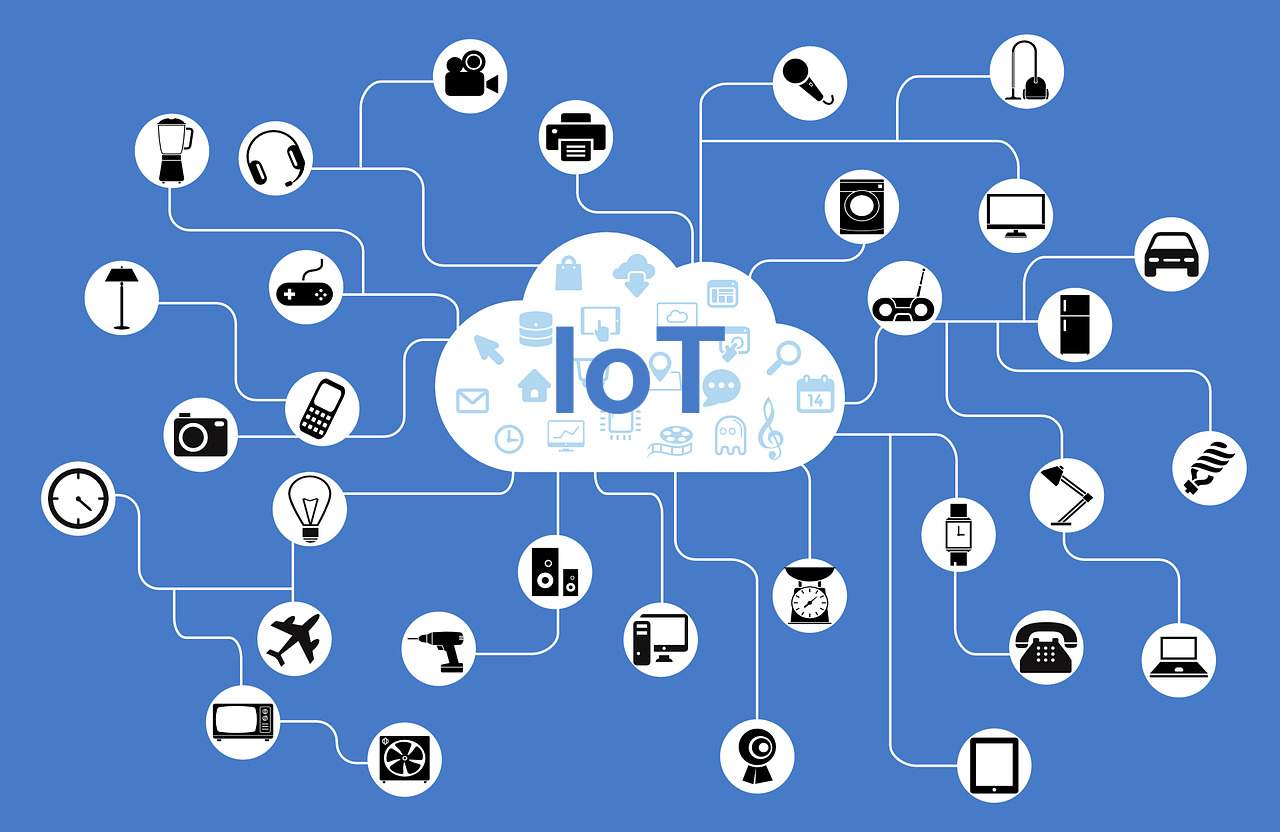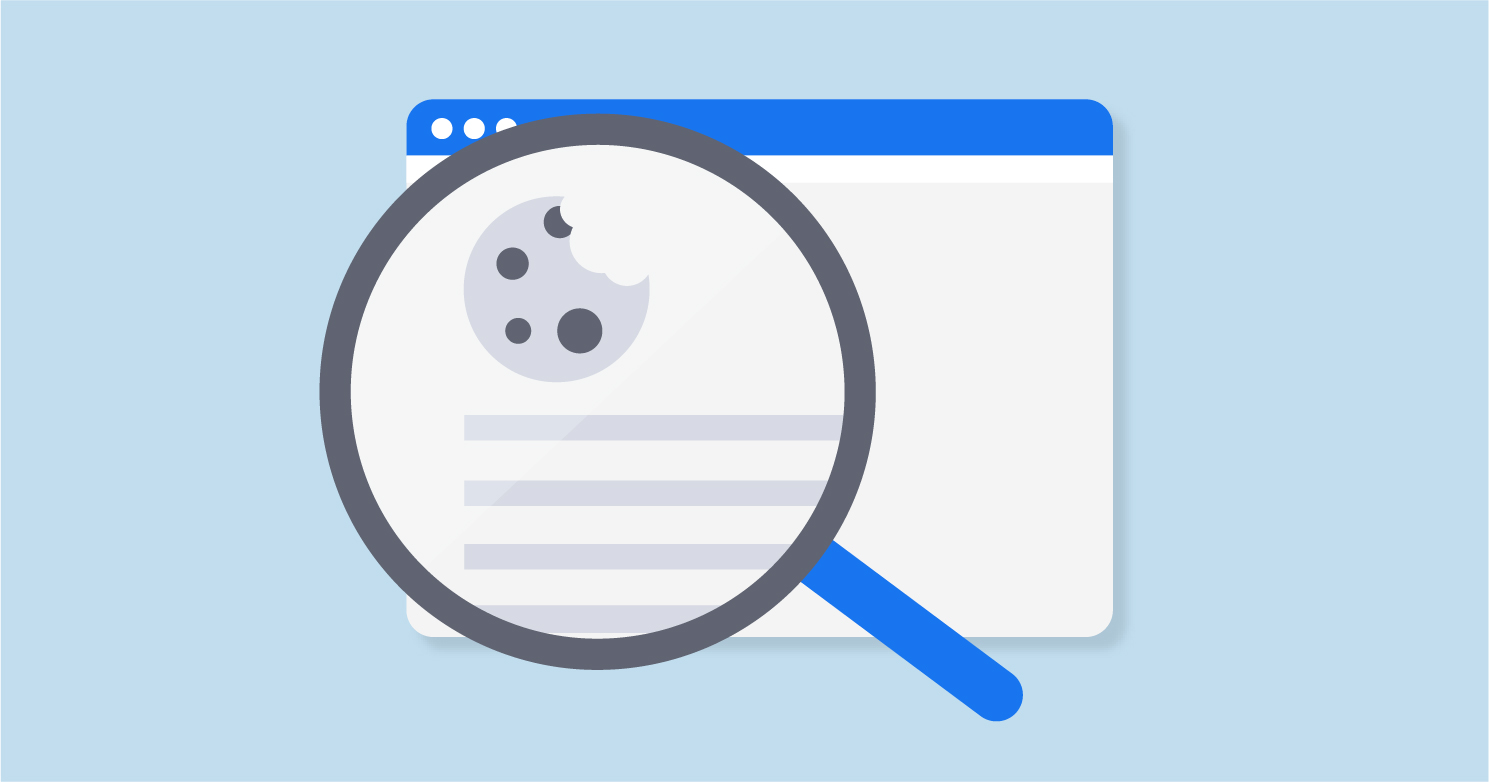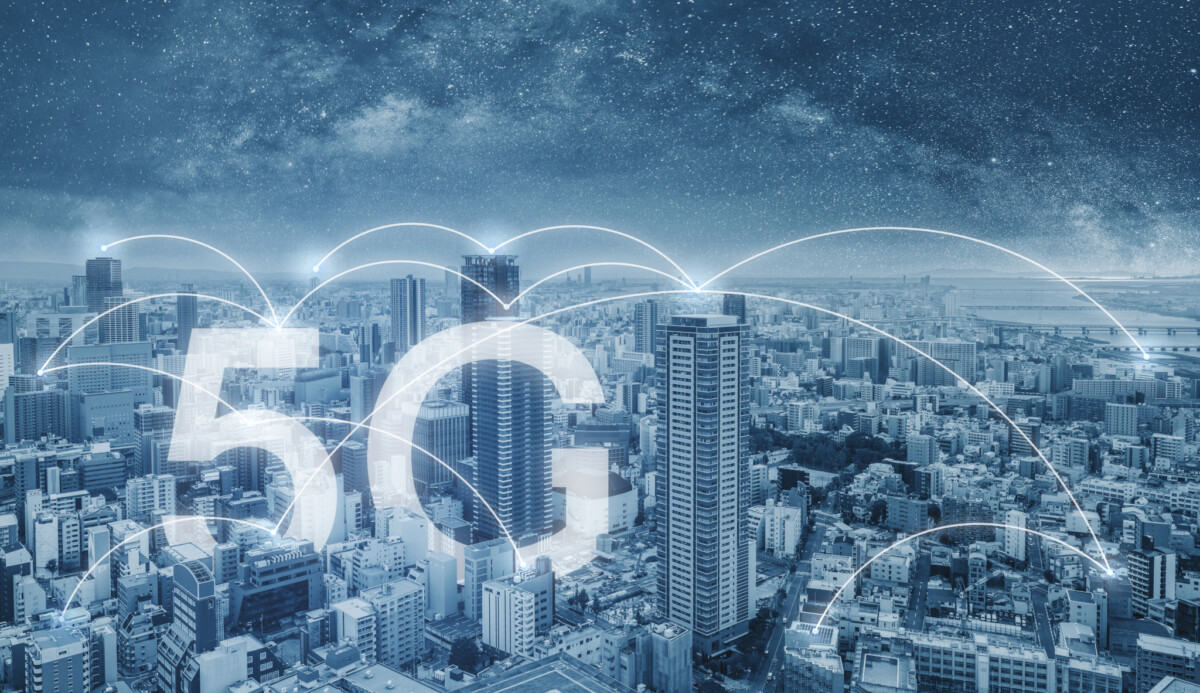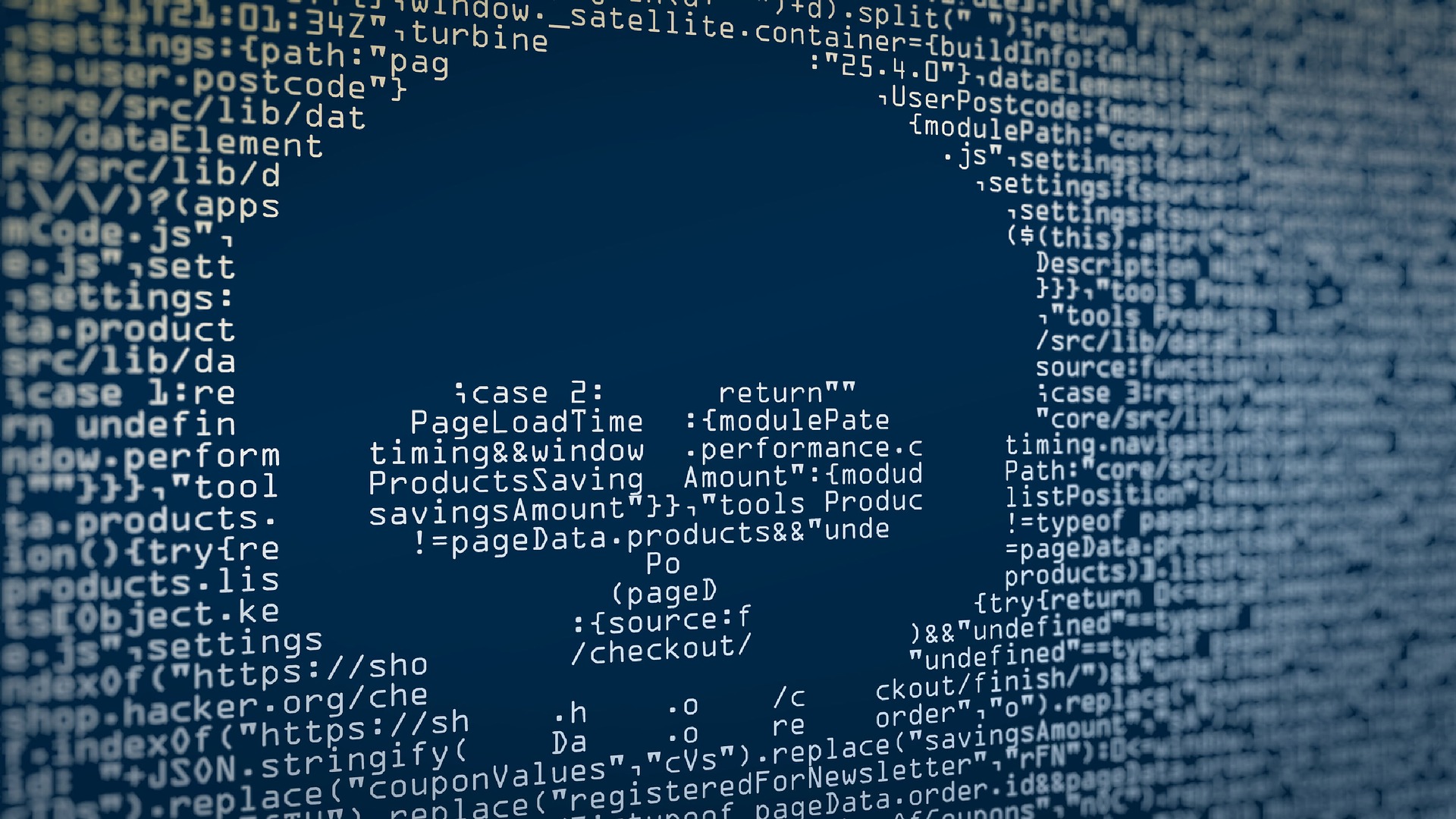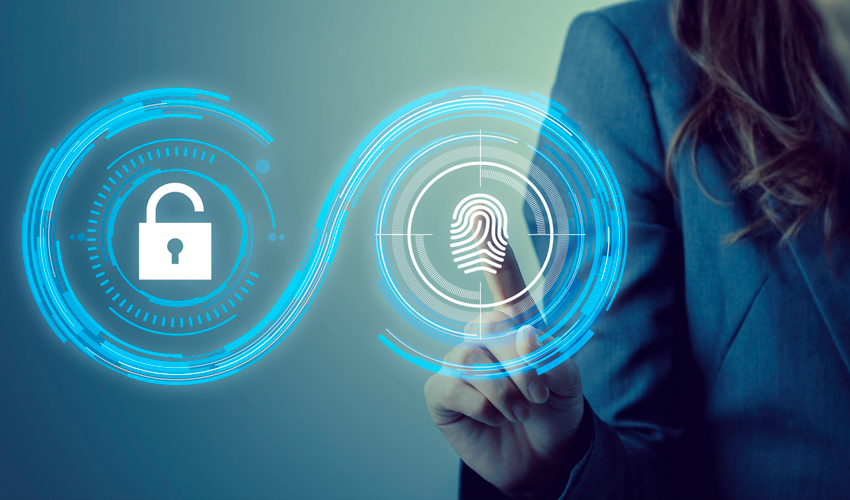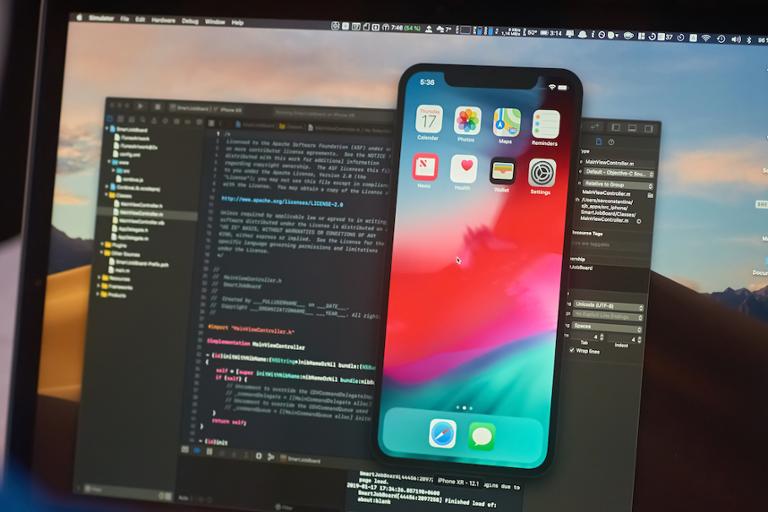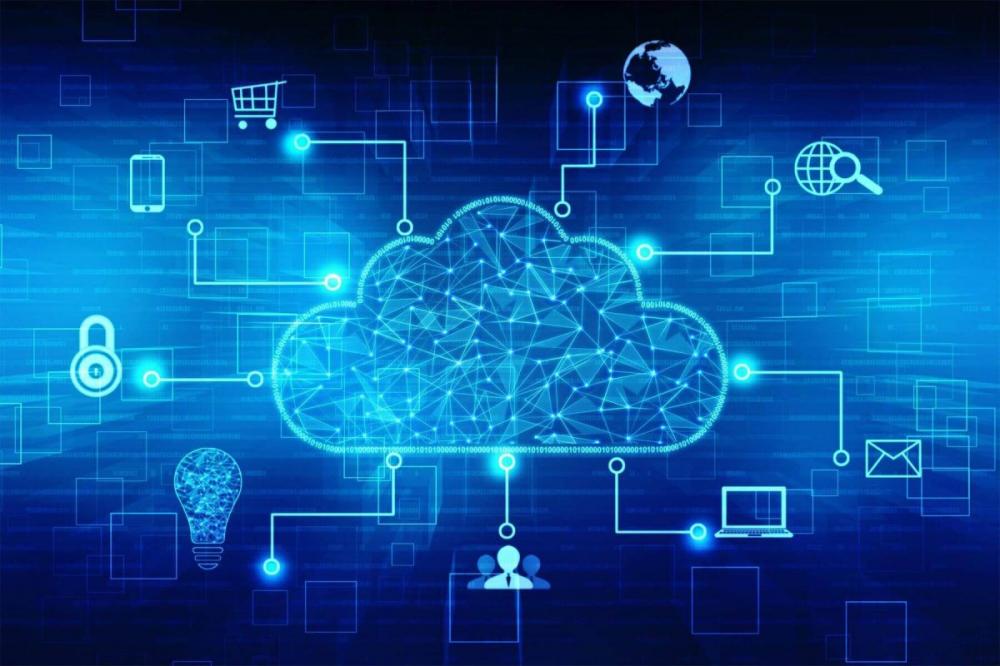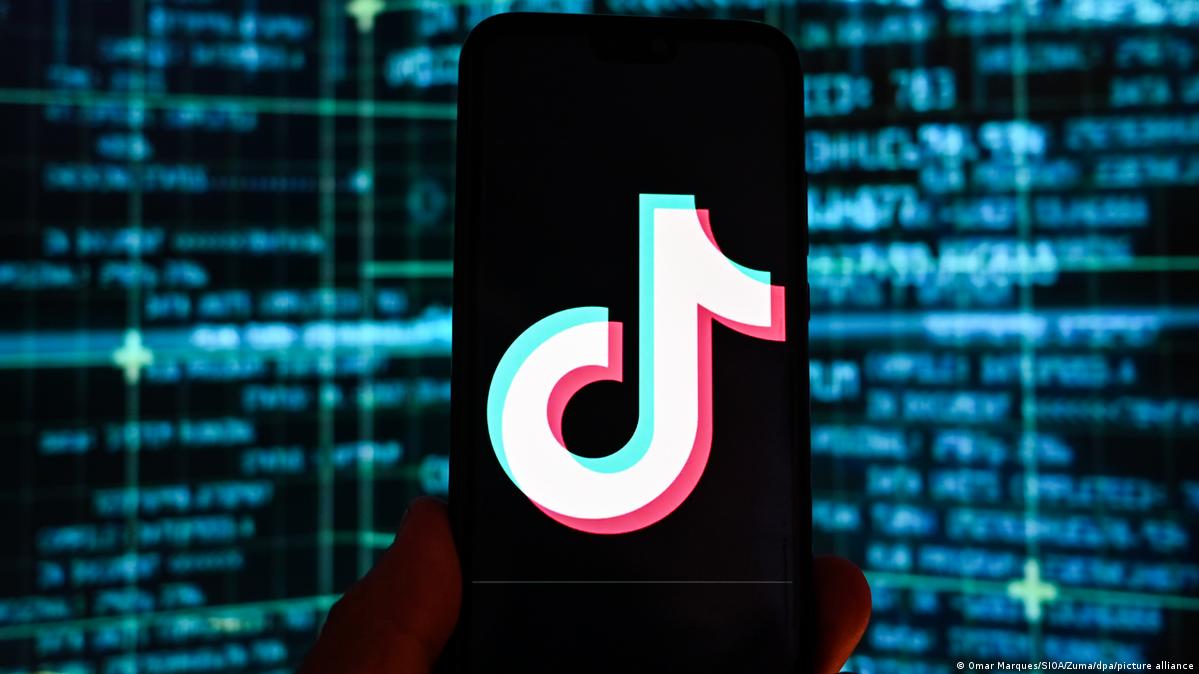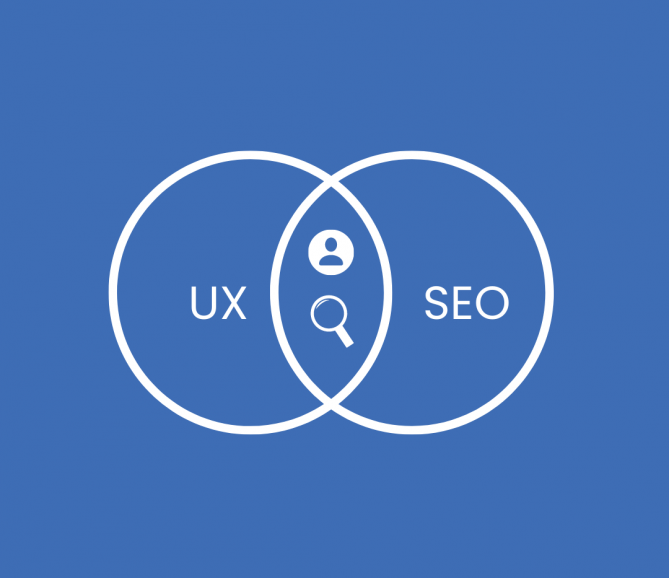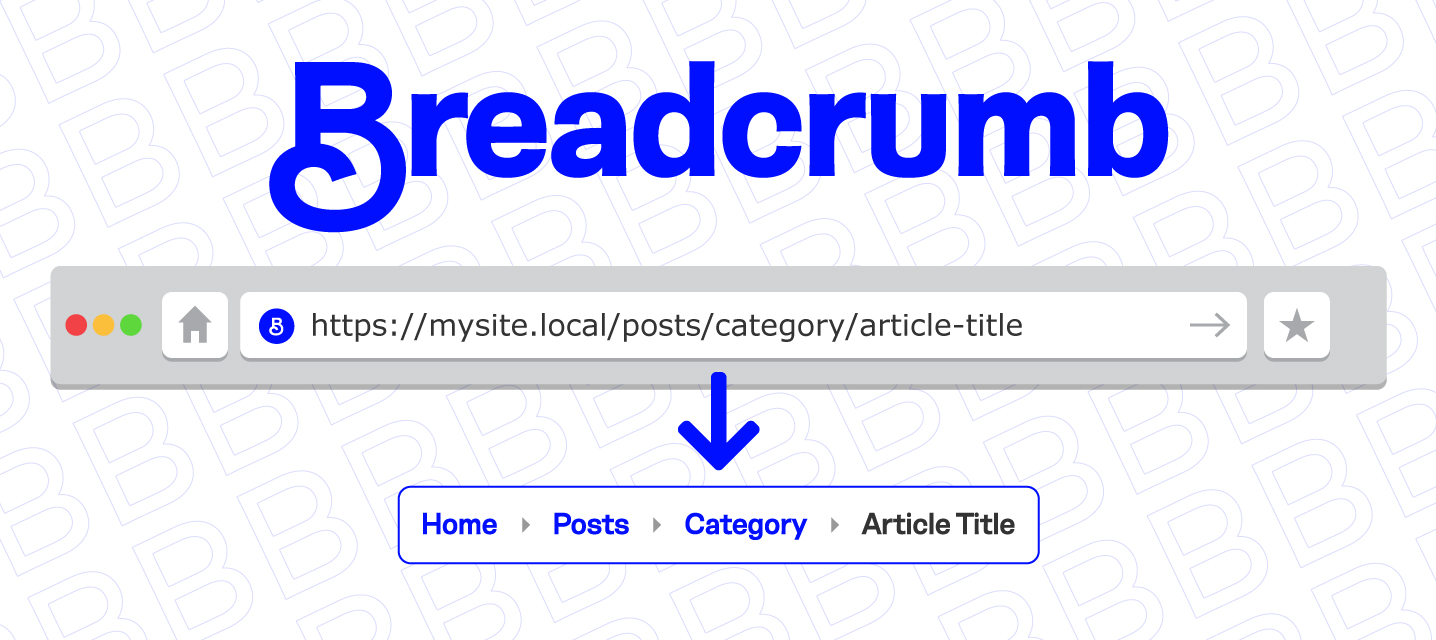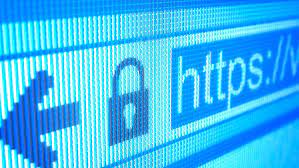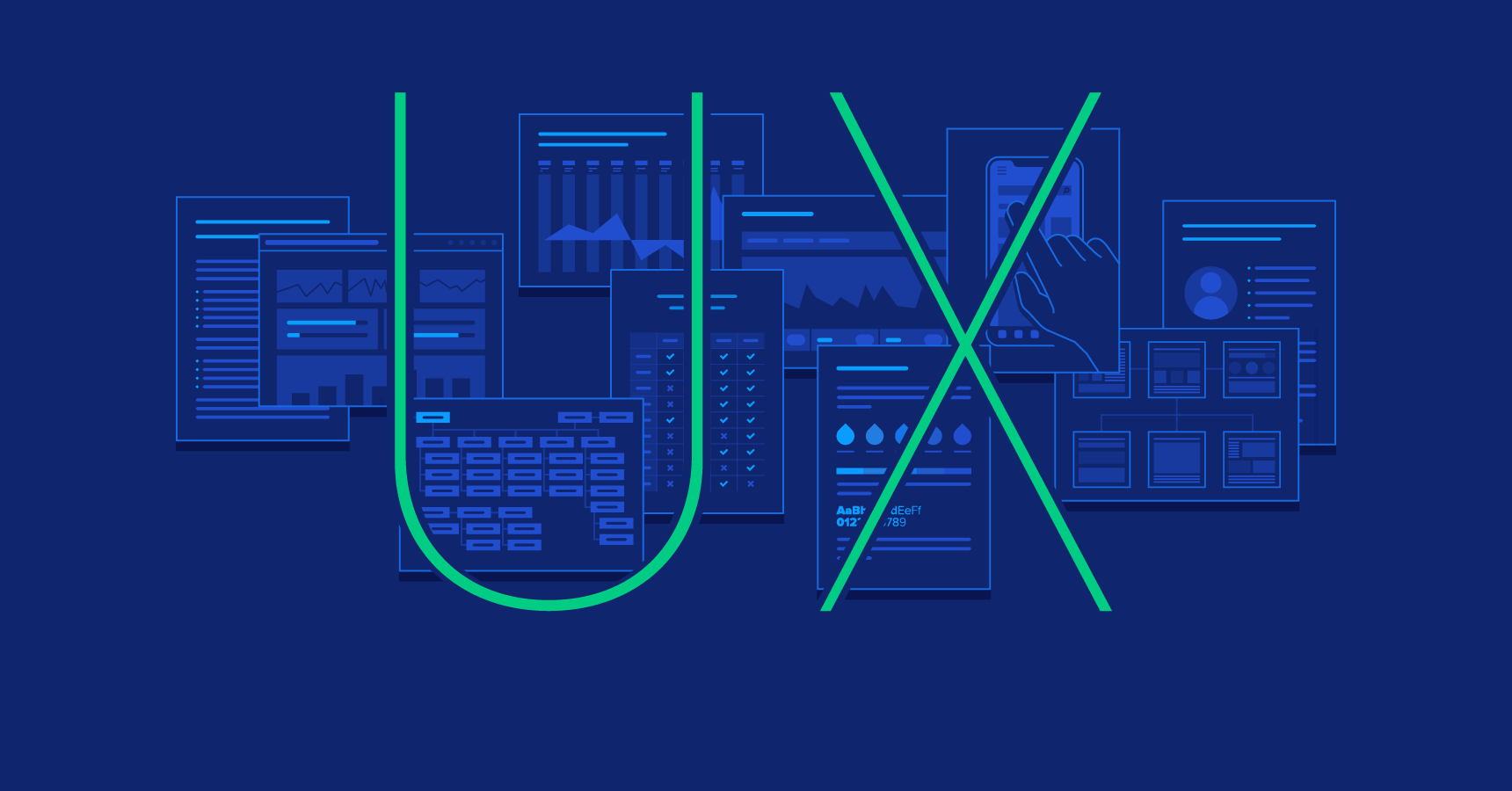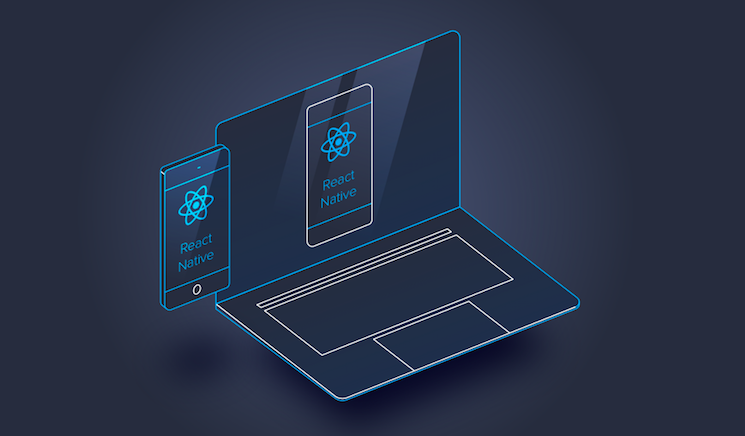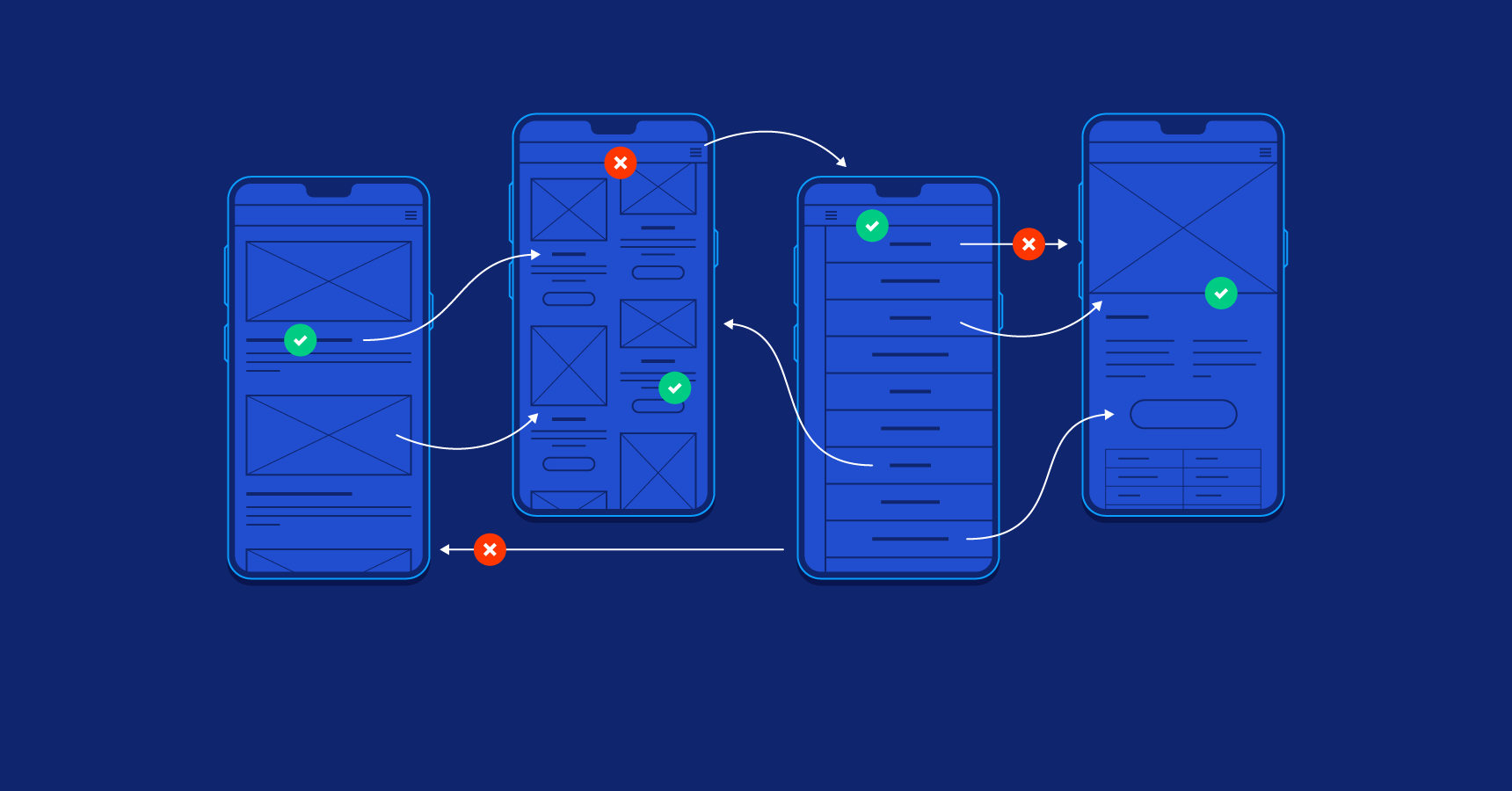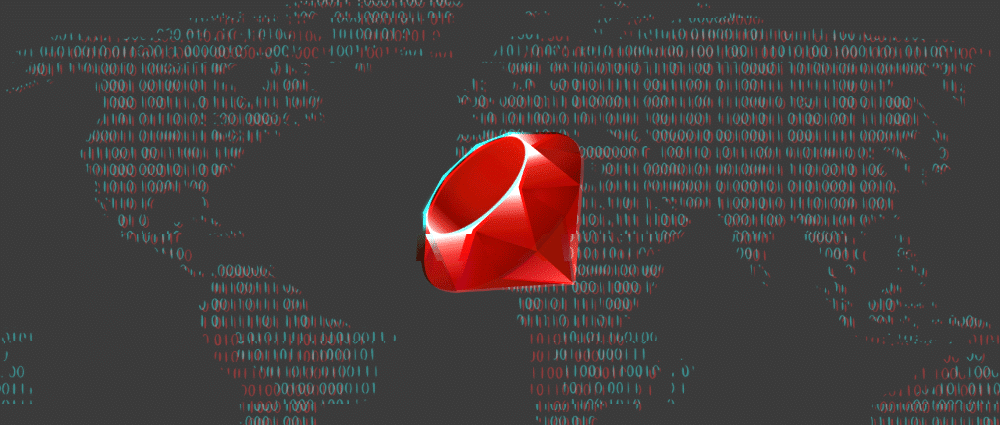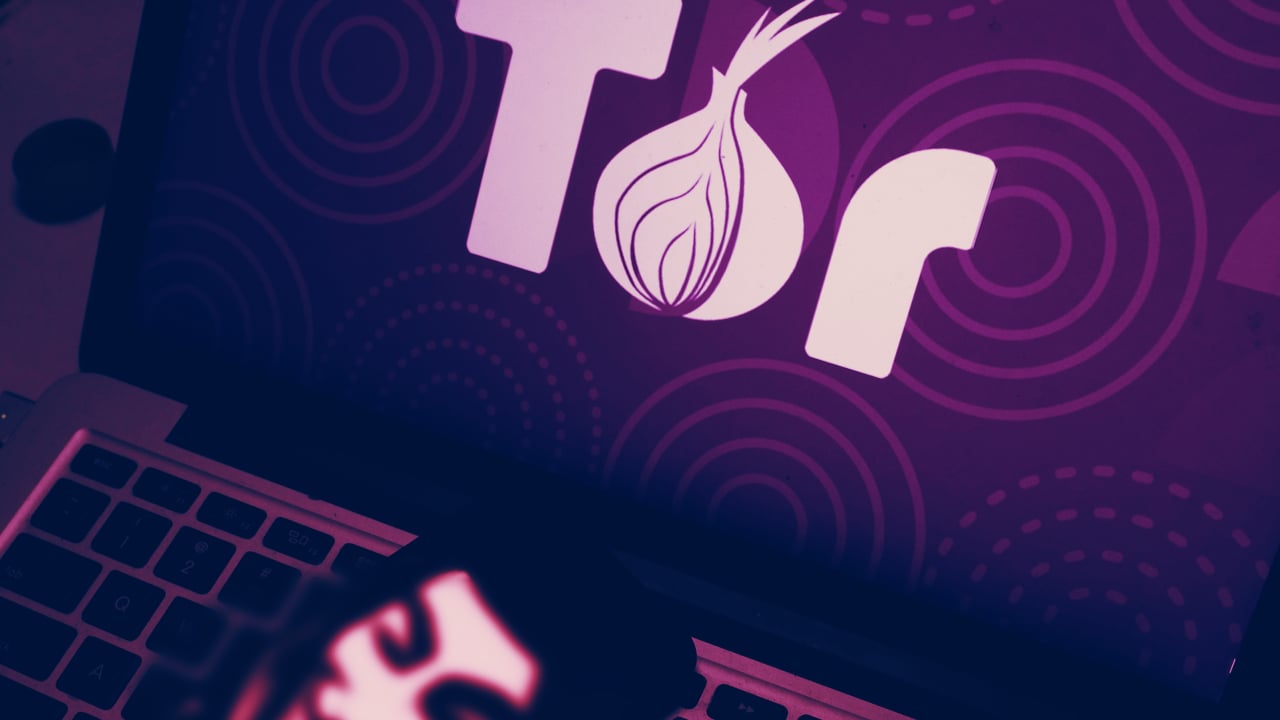The Role of VPN in cybersecurity: how to choose and use a reliable service?
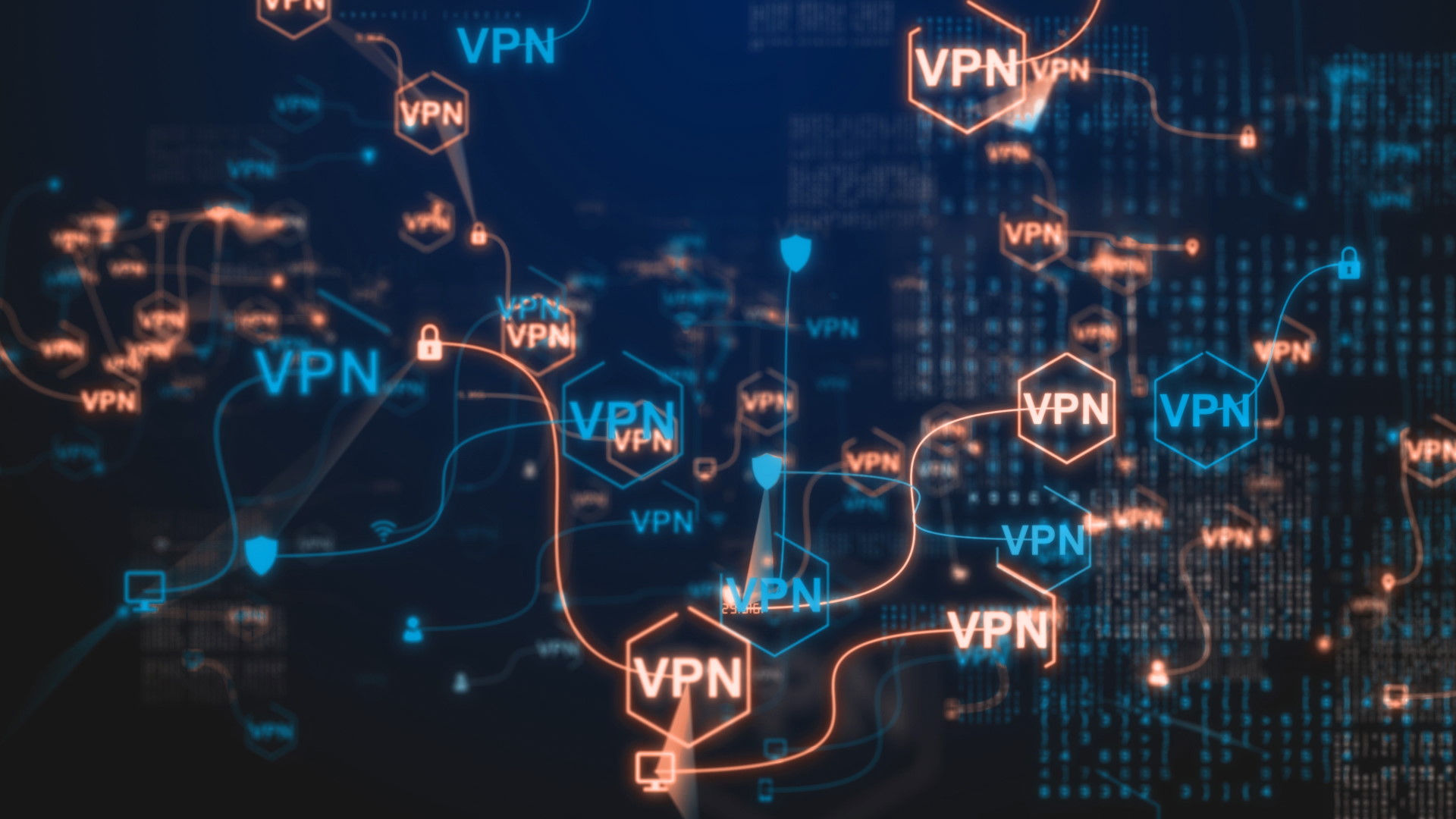
With cyber threats becoming more sophisticated and widespread every year, protecting personal data and maintaining privacy online is more critical than ever. One of the most effective tools for ensuring online security is a VPN (Virtual Private Network). But what exactly is a VPN, how does it work, and why is it so important to use one? In this article, we'll explore the role of VPNs in cybersecurity and provide tips on how to choose a reliable VPN service.
What is a VPN?
A VPN, or Virtual Private Network, is a technology that creates a secure connection between a user's device and a remote server over the internet. When connected to a VPN, all of the user's internet traffic is encrypted and routed through a VPN server, making it secure from interception and analysis.
How Does a VPN Work?
When you connect to the internet through a VPN, several things happen:
Data Encryption: All data sent from your device is encrypted using cryptographic algorithms. This means that even if someone intercepts your traffic, they won’t be able to read it.
IP Address Masking: The VPN replaces your real IP address with the IP address of the VPN server you are connected to. This helps to maintain anonymity online and hides your physical location.
Bypassing Geographical Restrictions: A VPN allows you to bypass geographical restrictions and content blocks, providing access to web resources that may not be available in your country.
Why is a VPN Important for Cybersecurity?
Protection from Data Interception: A VPN encrypts your internet traffic, making it inaccessible to hackers, internet service providers (ISPs), and government agencies. This is especially important when using public Wi-Fi networks in cafes, airports, or hotels, where data can easily be intercepted.
Anonymity Online: VPNs hide your real IP address, making it more difficult to track your location and online activities. This is useful for protecting against targeted advertising and maintaining privacy when visiting websites that collect user data.
Bypassing Internet Censorship and Blocks: In some countries, access to certain websites and services is restricted by government or corporate censorship. Using a VPN allows you to bypass these restrictions and enjoy a free and open internet.
Protection from Hackers and Malware: VPNs reduce the risk of "man-in-the-middle" attacks, where a hacker intercepts data between a user and a website. With traffic encrypted, hackers cannot gain access to your data.
How to Choose a Reliable VPN Service
Transparent Privacy Policy
Choose VPN providers that have a clear and transparent privacy policy. They should promise not to log your activities, meaning they don’t keep records of the websites you visit or what you do online. Be sure to review the privacy policy on the provider's website before subscribing.Strong Encryption
Reliable VPNs use modern encryption algorithms, such as AES-256. The stronger the encryption, the harder it is for hackers to intercept and decrypt your data.High Speed and Stability
A VPN can slow down your connection since your traffic is routed through a remote server. Look for VPN services with high speeds and minimal latency to maintain a smooth browsing or streaming experience.Multiple Servers in Different Countries
VPN services with a wide range of servers in different countries offer more options for bypassing geographic blocks. This also allows you to choose a server located closer to you to minimize latency.Security Features
Look for VPN services that offer additional security features such as a "kill switch" (which automatically disconnects the internet if the VPN connection drops), DNS leak protection, and built-in ad and tracker blockers.Positive Reviews and Reputation
Before choosing a VPN, check user reviews and ratings from independent sources. Reliable VPN services usually have many positive reviews and a strong reputation in the market.Support for Various Platforms
Make sure the chosen VPN supports all the platforms and devices you use — whether it’s Windows, macOS, Linux, Android, or iOS.Money-Back Guarantee
Reliable VPN services often offer a money-back guarantee for a certain period. This allows you to try the service risk-free.
A VPN is a powerful tool for ensuring online security and privacy. It protects data from interception, helps bypass censorship and geographical blocks, and maintains user anonymity. However, it is crucial to choose a reliable VPN service that meets your needs and offers a high level of protection. Remember, online security is not a luxury but a necessity in today’s world, where cyber threats are becoming increasingly serious.

